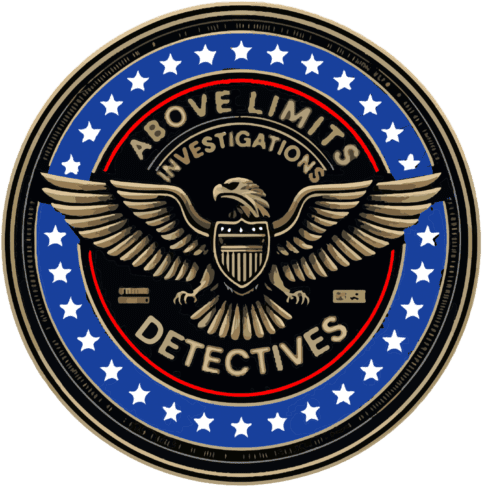Private investigators (PIs) often evoke images of trench coats, dark sunglasses, and thrilling car chases, thanks in large part to Hollywood’s portrayal of the profession. However, the reality of being a private investigator is far more nuanced and often involves a blend of routine tasks, investigative techniques, and a touch of drama. This article explores the daily adventures of a private investigator, shedding light on their methods, challenges, and the intriguing cases they tackle.
A Day in the Life of a Private Investigator
Early Morning Preparation
A typical day for a private investigator begins early. The morning is often spent reviewing case notes, planning the day’s tasks, and preparing for fieldwork. Many PIs work on multiple cases simultaneously, so organization is key. They might start their day by checking emails, communicating with clients about updates, and coordinating with any assistants or partners on ongoing investigations.
Private investigators often need to gather intelligence from various sources. This can involve conducting background checks, researching public records, or analyzing previous case files. A PI’s success often hinges on their ability to organize information efficiently, ensuring they have all the necessary details before heading out into the field.
Field Work and Surveillance
One of the most exciting aspects of being a private investigator is conducting fieldwork. This often includes surveillance, which requires patience, attention to detail, and discretion. PIs might be tasked with tracking an individual’s movements or observing their behavior to gather evidence for a case.
Setting up for surveillance can be both strategic and challenging. Investigators may need to find the best vantage point—often from a vehicle or a nearby building—to observe without being detected. They must remain vigilant for hours, documenting any significant interactions or behaviors while maintaining a low profile. It’s a test of endurance, often requiring the ability to blend into various environments, whether that’s a crowded public area or a quiet neighborhood.
Interviewing Witnesses and Subjects
In addition to surveillance, private investigators often conduct interviews. This can include talking to witnesses, potential suspects, or even the clients themselves. The ability to communicate effectively and build rapport is crucial during these interactions, as PIs need to elicit truthful and detailed information.
An experienced investigator uses various techniques to encourage openness. This could include employing open-ended questions, creating a comfortable atmosphere, or, in some cases, using psychological tactics to gain the subject’s trust. The information gathered during interviews can be instrumental in piecing together the larger puzzle of a case.
Research and Information Gathering
Much of a PI’s work is conducted behind a desk, utilizing databases, online resources, and public records. Researching social media accounts, financial records, and property ownership details are just a few examples of the data collection process.
Private investigators often have access to specialized databases that are not available to the general public, allowing them to find valuable information about individuals or businesses. This behind-the-scenes research is vital for building a case and often leads to breakthroughs in investigations.
Collaboration and Networking
Private investigators frequently collaborate with other professionals, such as law enforcement, attorneys, or forensic experts. Building a reliable network is essential, as it provides access to resources and support when handling complex cases.
Networking also involves attending industry events or workshops to stay updated on new investigative techniques and technologies. The field is constantly evolving, and staying informed helps PIs enhance their skills and adapt to emerging trends.
Client Interaction and Reporting
At the end of the day, private investigators often meet with clients to provide updates on their findings. Clear communication is crucial, as clients need to understand the progress of their case and any potential next steps.
PIs must also compile detailed reports that document their findings, observations, and evidence collected during the investigation. These reports can be used in court cases, insurance claims, or other legal matters. The ability to present information clearly and concisely is a vital skill, as these documents may be scrutinized by attorneys and judges.
Challenges of the Profession
While the daily adventures of a private investigator can be thrilling, they are not without challenges. PIs often face:
- Unpredictability: Every case is different, and investigators must be adaptable and ready to pivot based on new information or developments.
- Ethical Dilemmas: Navigating ethical boundaries is crucial, as PIs must adhere to the law and maintain professional integrity, even when faced with tempting shortcuts or gray areas.
- Emotional Toll: Investigating sensitive cases, such as infidelity or missing persons, can be emotionally taxing. PIs often find themselves dealing with distraught clients and must manage their own emotional responses.
Conclusion
The life of a private investigator is a blend of excitement, routine, and challenges. While they may not always engage in high-speed chases or dramatic confrontations, PIs play a critical role in solving cases and uncovering truths. From surveillance and interviewing to research and reporting, their daily adventures are filled with a mix of investigative techniques and interpersonal skills. By understanding the intricacies of this profession, we gain a deeper appreciation for the dedicated individuals who work tirelessly behind the scenes to bring clarity and resolution to complex situations.

